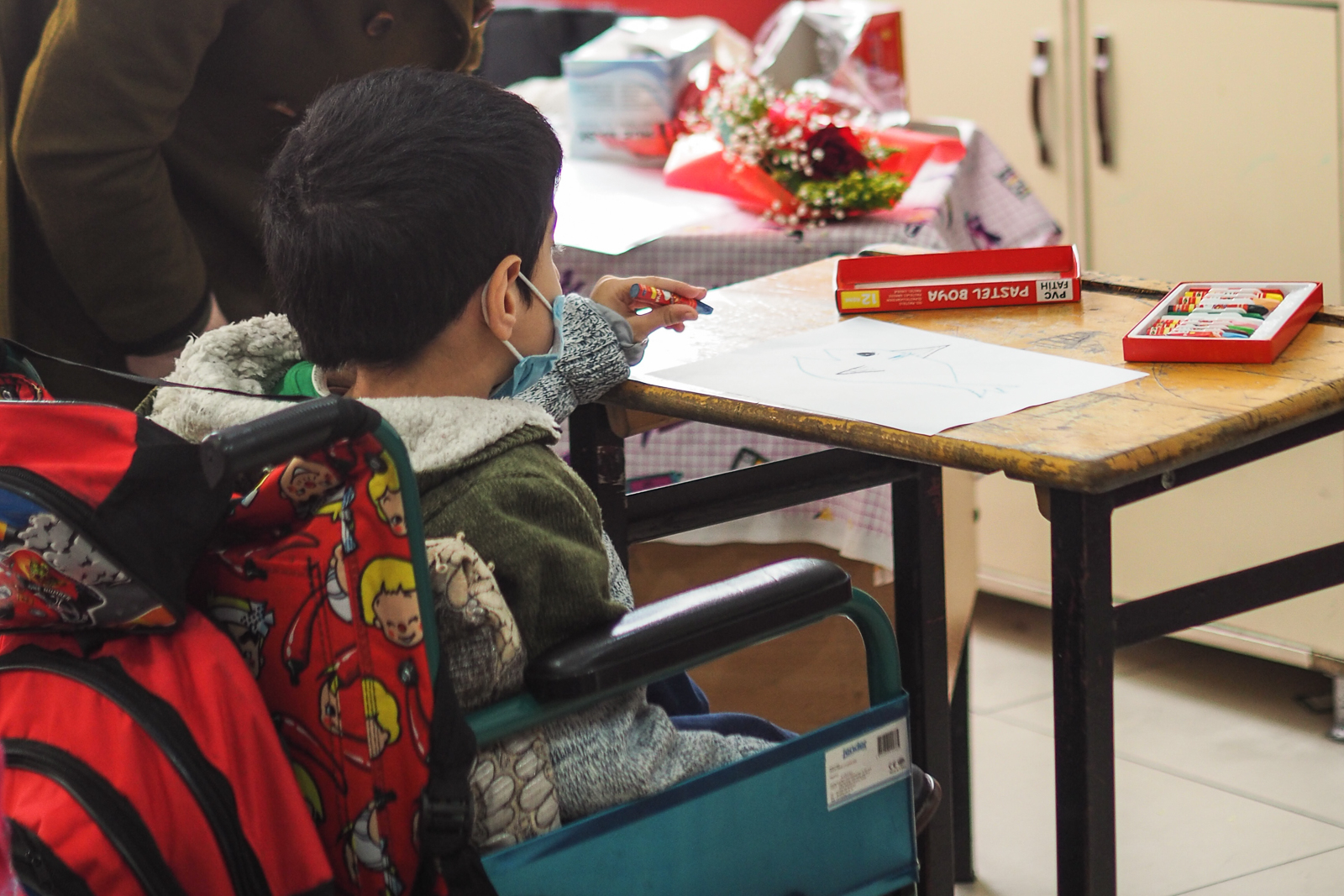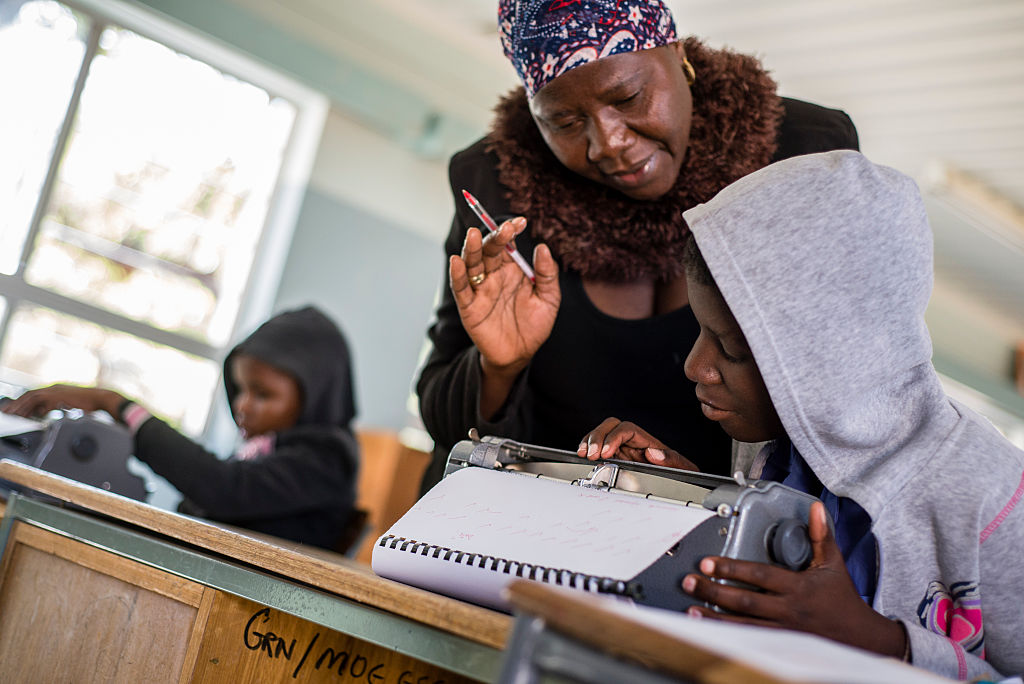“It’s been six years now and students with visual impairment benefit from this provision every year. A few days ago, I received an email from a blind student in Mumbai, thanking me for bringing about this change. He said he didn’t have to worry about finding a scribe or if that person would write fast enough for him to finish the paper in time.”
Vibhu is an active member of many international partnerships working towards improving the rights of people with disabilities.
She has spoken at many high-profile events about improving the rights of children with disabilities, including at the Economic and Social Council Youth Forum at the United Nations in New York in April.
This month – also at the UN – she co-moderated the civil society forum organised by the International Disability Alliance during a session of this year’s Conference of the State Parties to the Convention on the Rights of Persons with Disabilities.
Vibhu said: “I strongly believe that young people with disabilities need to voice their concerns, needs and demands. It’s we, the young people, who struggle with the everyday challenges of our time and we have the solutions.
“We need to be strong, bold enough to voice them, and convince the policymakers, the people involved in implementation to listen to us, and act on our suggestions.”
The Sustainable Development Goals – agreed by world leaders to be achieved by 2030 – say every child should have “inclusive and equitable quality education”. They include a specific target to “build and upgrade education facilities that are child, disability and gender sensitive”.


